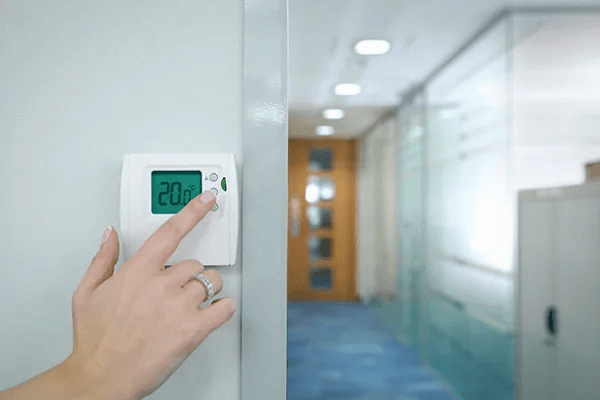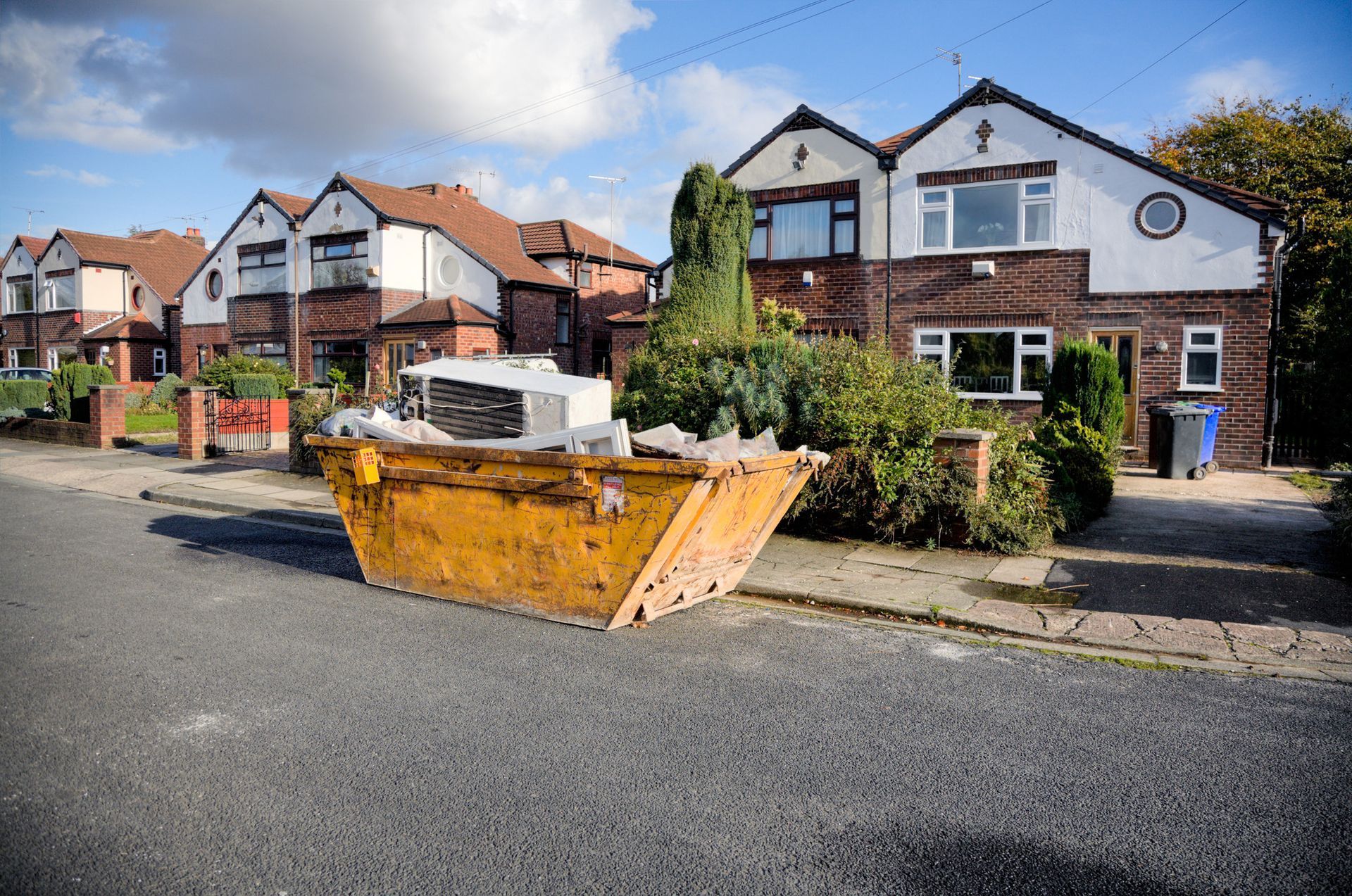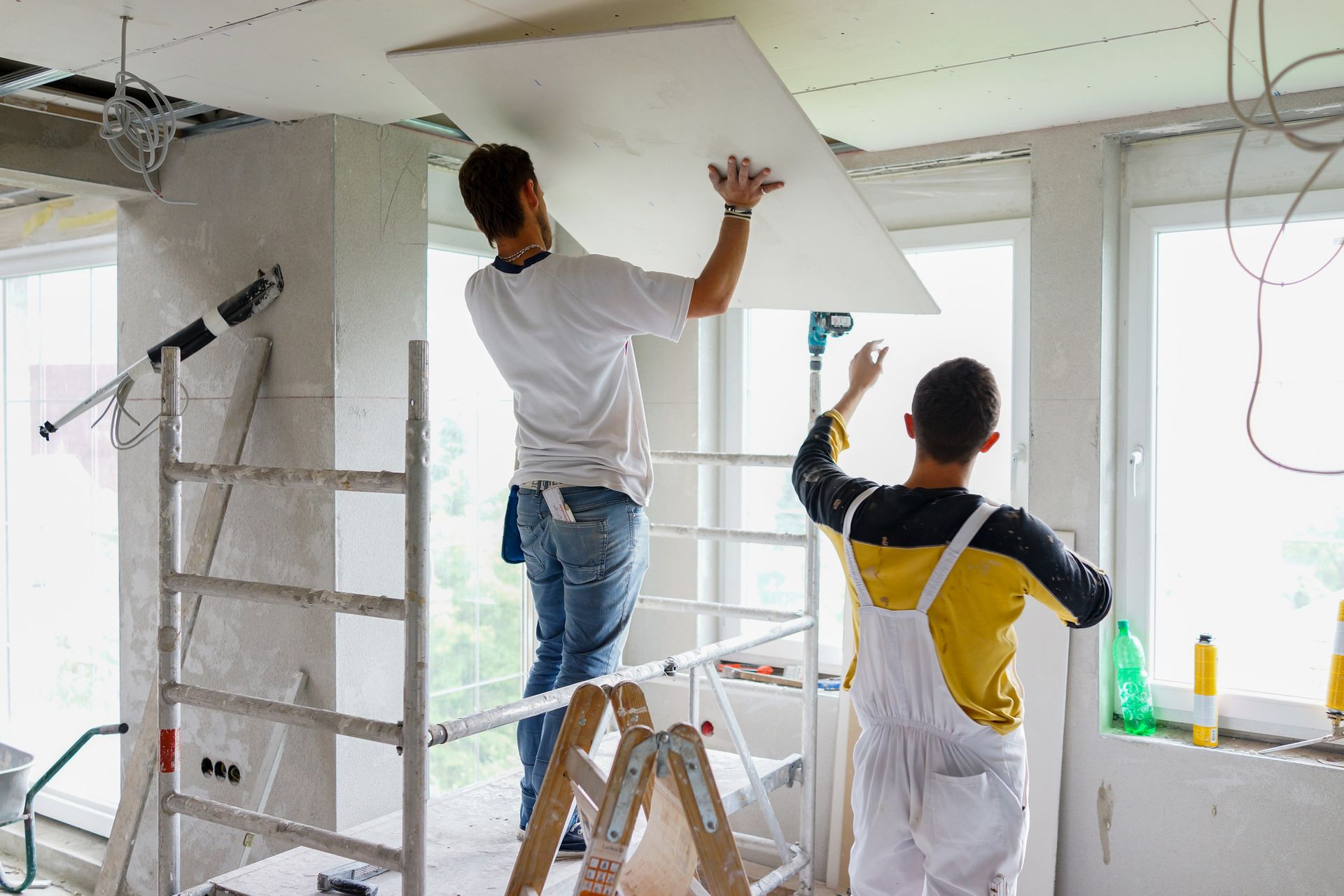The ‘wrong’ temperature is the UK’s biggest workplace annoyance, costing workers 16 minutes of productivity per day
- Research reveals that 23% of the nation is frustrated by being too cold at work with women more affected than men
- Meanwhile, 1 in 5 employees are affected by being too hot in the workplace
- In addition, a smelly tuna sandwich being eaten in the office could cost a business of 10 people, 6 hours of productivity per week

- Heat also gets to the nation’s staff, with 17% saying their office being too hot is their biggest pet peeve
- Colleagues talking too loudly (14%), a cluttered workspace (14%), colleagues eating smelly food (12%), faulty electronic equipment (11%) and untidy colleagues (10%) also came in the top 10
- Workplace being too cold – 23%
- Poor internet connection – 20%
- An unclean workspace – 18%
- Workplace being too hot – 17%
- Dirty crockery/cutlery left in the kitchen sink – 15%
- Colleagues talking too loudly – 14%
- A cluttered workspace – 14%
- A colleague eating smelly food – 12%
- Faulty electronic equipment – 11%
- Colleagues having untidy workspaces – 10%
- Poor internet connection: 20 minutes
- Faulty electronic equipment: 19 minutes
- Workplace being too hot: 19 minutes
- Colleagues talking too loudly: 17 minutes
- Workplace being too cold: 16 minutes
- Poor lighting in workplace: 14 minutes
- A cluttered workplace: 12 minutes
- An unclean workplace: 12 minutes
- Colleagues having untidy workspaces: 11 minutes
- Cluttered computer desktop: 10 minutes
- Colleagues leaving fruit peelings in their workspace: 10 minutes
- Poor choice of music at work: 10 minutes
- Loose wires getting in the way: 9 minutes
- Colleagues leaving dirty crockery in their workspace: 8 minutes
- Colleagues that eat the last treat and don’t throw the wrapper away: 8 minutes
- Colleagues eating smelly food: 7 minutes
- Colleagues that leave an empty toilet roll behind without throwing it away: 7 minutes
- Dirty crockery left in kitchen sink: 6 minutes
- Teabags left in the kitchen sink: 5 minutes
Media Contact
About Yell
Yell Ltd exists to connect businesses and consumers via its leading marketplace for local services and offering managed digital marketing helping businesses to find, connect and sell to consumers online. Yell Ltd is a proud Google Premier Partner, Microsoft Advertising Elite Channel Partner, and Meta Business Partner.
Learn more at https://business.yell.com and our Media Centre
Visit our social media channels: Facebook, Twitter, LinkedIn, Instagram
Download the free Yell consumer app from the App Store or Google Play
Download the free Yell for Business app from the App Store or Google Play
For media enquiries, please email: press.enquiries@yell.com







